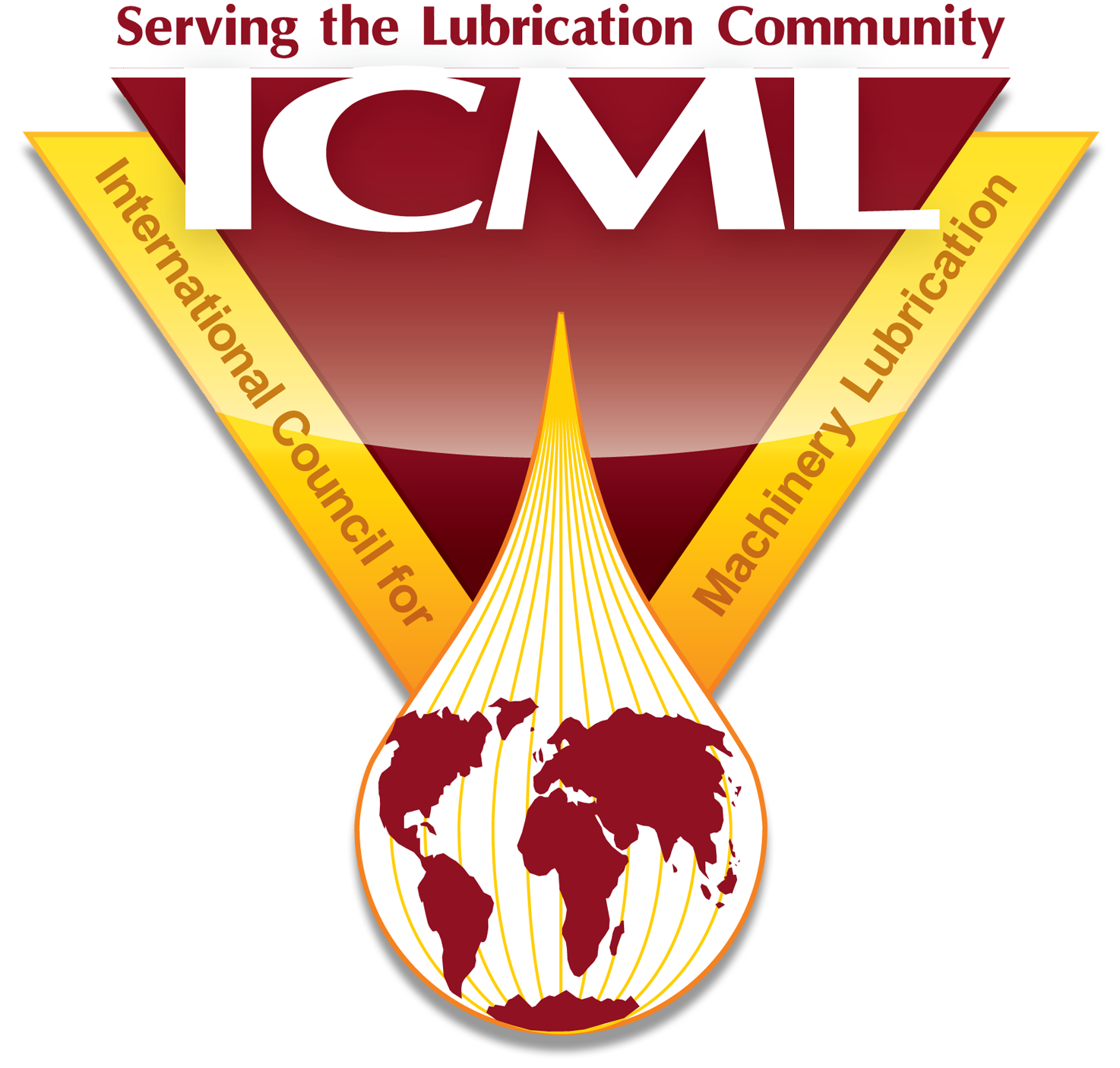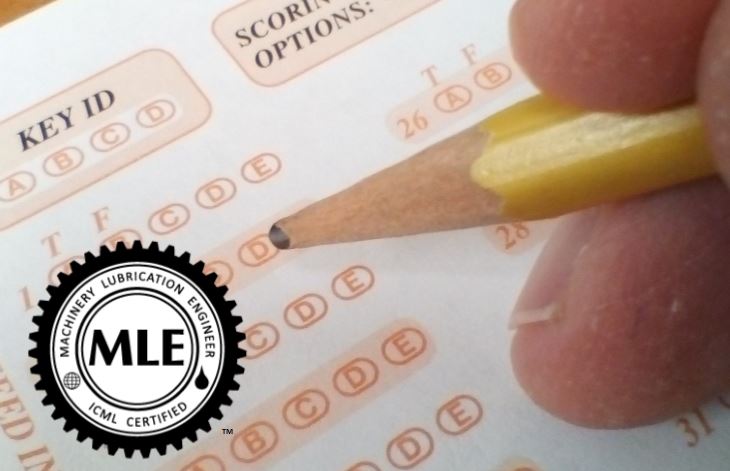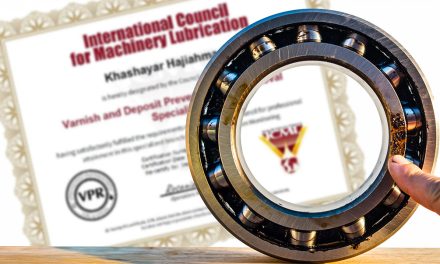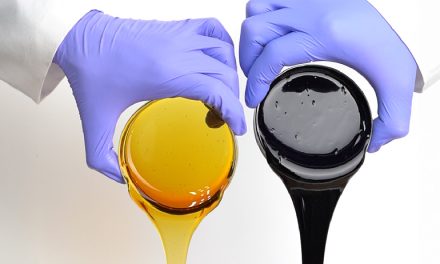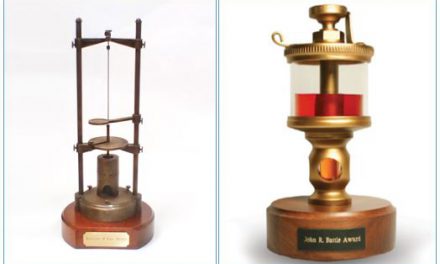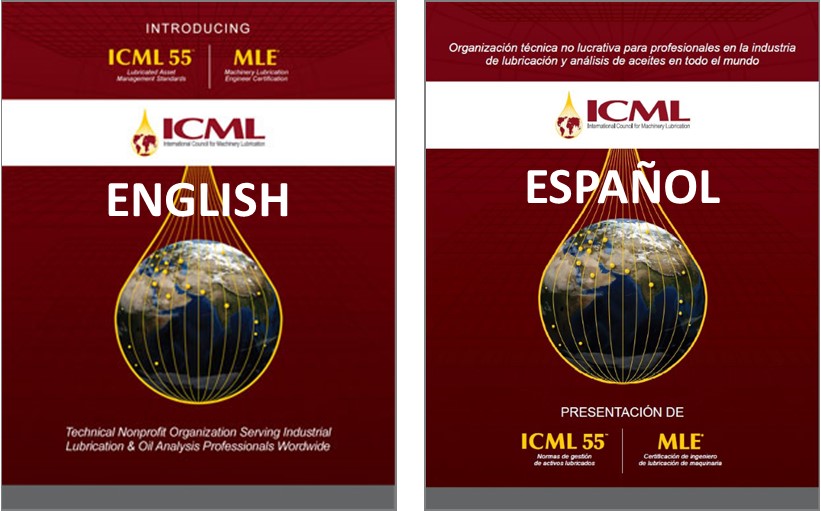Paul Hiller, ICML, August 6, 2020 | This is the third and final article that summarizes experiences of practitioners who earned the Machinery Lubrication Engineer (MLE)® credential during its inaugural year. I started by asking why they had wanted to earn the MLE, and how did they prepare for the exam? Those responses were included in Part 1, which appeared in the March-April issue of Machinery Lubrication Magazine. An abridged version of Part 2 (which asked, “What assumptions did you have?”) was included in the May-June issue. And now Part 3 here wraps it up with a collection of advice from those who have passed the exam.
I wrote these articles with the idea that potential MLE candidates might be curious what these early adopters think about the MLE exam experience. Remember, their responses are steeped in opinion and personal preference—plus they all sat for paper exams, because our online exams were not yet available—so your own encounters may vary.
Let us continue where we left off….
What advice would you give others?
The full questions was, “What advice would you give others considering this certification?”
Remember that during most of 2019, no classroom style training courses were offered yet for MLE, nor was it subject to any online training venues. As described in the previously published parts of this article, early adopters were self-trained through job experiences and heavy review of the publicly available MLE body of knowledge (BoK). But we anticipated there were practitioners around the world who would rise to the challenge without waiting for standard training opportunities. And we were right.
“The MLE exam is what every aspiring professional should consider and every self-respecting working professional should sit for.” — Nnamdi Achebe, Lead Engineer, Petrosave Integrated Services Ltd.
Pathiri N. Sampath, Sr. Condition Monitoring Tech at Qatargas Operating Company Ltd., wants MLE candidates to know that exam preparation provides its own benefits. “MLE exam preparation itself is an enjoyable journey,” he says. “Whether successful or not, it brushes the concepts and industrial best practices.”
Sampath is onto something there. MLE’s BoK is so comprehensive that even the most experienced practitioners who enjoy learning are bound to find something new every time they crack open one of the resources. (You know that old saying: “You don’t know what you don’t know.”)
But also keep in mind that MLE is neither an extension nor progression of MLA and MLT certifications. In reality, as certifications go, MLE is in a class by itself. But, due to topical overlap, some of our MLE certificants recognize that those who hold these other practical certifications can have a leg up on preparation.
MLA & MLT prep courses can be helpful
“I would recommend that anyone pursuing this certification spend time studying the body of knowledge,” writes Loren Green, Senior Technical Representative with Industrial Oils Unlimited. “Many people attempting this certification are likely not to have the same level of exposure to the concepts and terminology as I have, due to my previous employments that specifically involved building and teaching MLT and MLA certification courses. But for those who have not been through a training course in the past couple of years, I would highly recommend that they attend one [for] a ‘refresher’ on the MLT/MLA content.”
“Having a high-level understanding of asset management as it relates to the maintenance work process would be useful.” — Nathan Thomas, Maintenance Reliability Engineer, Oxy USA
Roger Story, Maintenance Manager at DSM Chemicals, concurs. He says that “obtaining certifications such as MLT I and II, MLA II and III [would] build a solid base” for any candidate to consider stepping up to MLE.
Michael Holloway,* President of 5th Order Industry (an ICML Affiliate Member organization), also stresses the relevance of using MLA and MLT courses for MLE preparation. As a trainer, of course, Holloway’s tongue-in-cheek advice is for everyone to “Take my class!” One can imagine Holloway winking his eye and smiling big while he says this, but his point about the value of MLA and MLT training courses is well taken.
OilDoc Managing Director Rüdiger Krethe* agrees. He suggests that MLE certification is too important for a candidate to take lightly, describing it as “very useful, practice-oriented, and a great benefit for your daily work in lubrication and lubrication management.” So, his unequivocal advice is that “a preparation course makes sense and is highly recommended.”
The Body of Knowledge: a must read!
A solid training base, of course, is intended to support new material. So, Loren Green suggests to take advantage of the MLE BoK, which “can be gotten for free if someone takes the time to collect the articles…that make up a good chunk of the Domain of Knowledge (DoK).” Readers will be happy to know that ICML has already hyperlinked all those articles he is talking about, and we have also cross-referenced all 24 sections of MLE’s BoK with their respective domain resources. This makes it easy for a candidate to focus on resources relevant to the BoK sections where a refresher is desired.
“You don’t know what you don’t know.” — Old Saying
Brad Owen, Cameco Fluid & Lubrication Specialist, found this structure to be helpful, noting, “The ICML website breaks down the BoK into 24 sections very well.” His advice: “Determine what areas you need improvement in, and seek out information in those areas” from the DoK.
“The body of knowledge of the exam is a pretty important tool and you must take it very seriously and study it completely,” says Jose Camilo Valest Sandoval, Technical Support Engineer at Tritech.
Owoyemi Adeboye, Maintenance Manager at Lafarge Africa Plc., explains that the MLE certification exam provided him a means to validate his years of learning and on-the-job experience. While he found MLA I and II materials to be helpful, he advises others to tailor their preparation around the MLE BoK as a study guide. But he also suggests industry veterans such as himself don’t always have to sweat the small stuff: “I was concerned about questions on ISO 55000 standards, but this turned out to be what I routinely practice as part of my work, albeit unknowingly.”
And why stop at the MLE DoK? Andy Sitton, Technical Director at Focuslab Ltd., supplemented his study with at least one additional resource he really liked: “There’s a book from Industrial Press that looks like a good study guide, ‘Maintenance & Reliability Certification Exam Guide,’ by Dr. Nathan C. Wright [a certified MLT II]. I wish I had bought it before the exam.”
The value of hands-on experience…and other resources
But Sandoval and others also recognize that book knowledge is best consumed within the context of real experience: “I think the applicant must have previous knowledge and great experience in lubrication,” he explains.
“The exam is tough,” reports Wojciech Majka, President and CEO of Ecol and Ecol North America, “so you need to read a lot of information and recollect it all in a scheduled way. If you work in this business for a long time—that would be a great advantage.”
“Pay attention to questions and remember that ICML is looking for the ‘best’ right answer.” — Jeffrey DesArmo, Lubrication Engineer/Supervisor, WestRock
Certainly, there is no reason to restrict yourself to the refresher courses and MLE Domain of Knowledge when considering your self-guided preparation options. “If you are considering the MLE certification, be a practitioner of lubrication and asset management with knowledge as an MLT II or CLS (Certified Lubrication Specialist™), along with field experience in reliability engineering practices and asset management,” advises Gabriel Delgado, Sr. Technical Instructor at Freeport McMoran. “Studying the body of knowledge alone without practical wisdom, it will be very difficult to be successful.”
Nathan Thomas, Maintenance Reliability Engineer at Oxy USA, offers this recollection: “Hands-on experience with managing an existing and developing new lubrication programs was very helpful to prepare myself for the MLE exam. I would advise anyone interested in sitting for this exam to really understand the life-cycle of lubricants, from the formulation to the application, selection, condition monitoring, reclamation, and disposal.”
This gets into the areas of physical asset management, too: “Having a high-level understanding of asset management as it relates to the maintenance work process would be useful,” adds Thomas. (On a related note, this is exactly why ICML strongly associated MLE with the new standard we published last year, “ICML 55.1: Requirements for the Optimized Lubrication of Mechanical Physical Assets.”)
What about the actual test itself?
As you read these responses, you see that most advice focuses on test preparation. In the previous two parts of this article, our experts offered some tips regarding the four-hour exam session itself. Whether on paper or online, the MLE exam is a multiple-choice format, so many common test-taking practices apply. Jeffrey DesArmo, Lubrication Engineer/Supervisor at WestRock, offers these additional nuggets of wisdom for the MLE exam in particular:
- Watch the time. Don’t spend too much time on any one question.
- Pay attention to questions and remember that ICML is looking for the “best” right answer.
- Money is not a factor in the answers as it may be in the real world.
But is the MLE for everyone?
Generally, the advice here suggests that much depends on what you plan to do after earning your credential.
“I believe the MLE exam is what every aspiring professional should consider and every self-respecting working professional should sit for,” says Lead Engineer Nnamdi Achebe at Petrosave Integrated Services Ltd. “That exam is exactly what it is meant to be, [to] test your knowledge as well as your resolve to effectively discharge that knowledge. The MLE certification stamps a badge of quality on your claims and personal assumptions of machine lubrication expertise.”
Not every practitioner will pursue the MLE, but every asset-rich facility should have one.
Nurudin, S.T., Pertamina Lubricants Technical Specialist, believes the MLE is for leaders. “When you get the certificate, do not let it be just a paper without any function,” he says. “An MLE certified person is proven capable to lead a lubrication reliability program in his facility. The smart solution to achieve excellent plant reliability is with an excellent lubrication program.”
Not every practitioner will pursue the MLE, but Optimain Ltd. Managing Director Danny Shorten advises that every asset-rich facility should have one. “MLE represents a top down and bottom up, company-wide approach to lubrication excellence. My recommendation for all companies who have lubricated assets, is to consider why they don’t have a similar expert within their skill set?” A good question, indeed. The MLE credential has been available only since April 2019, so it really is a distinguishing achievement when management-level practitioners earn and apply this certification for the betterment of their facilities and the lubrication industry in general.
So, what are you waiting for? Here is one final bit of advice, courtesy of Adeboye at Lafarge Africa: “You do not have to think twice. Just go for it, but be prepared.”
* Served on ICML’s MLE development committee
